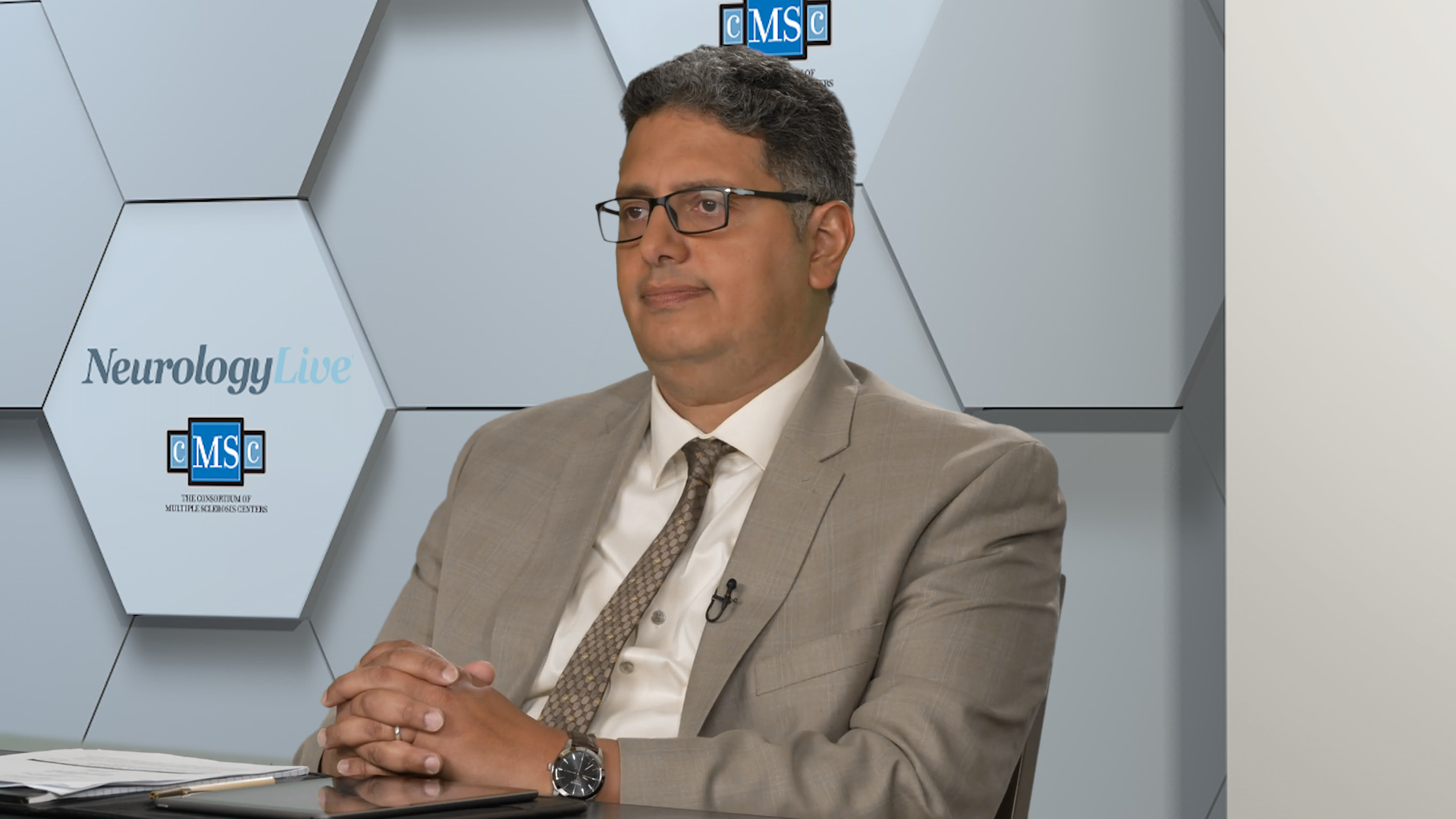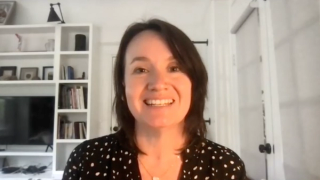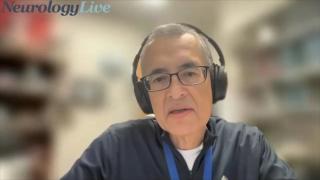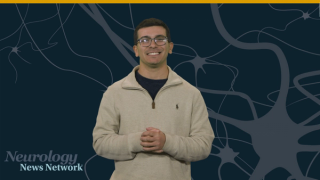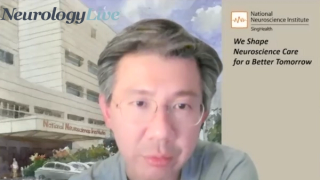
MS and Demyelinating Disorders
Latest News
Latest Videos

CME Content
More News

Treatment with NurOwn resulted in response on several secondary outcomes, including timed 25-foot walk, 12-item multiple sclerosis walking scale, and low contrast letter acuity, among others.


Results from a study provide a link between the association of multiple sclerosis and Epstein-Barr virus which could pave the way in the future for the development of new MS therapies.

Among a cohort of more than 300 patients in China, those with APQ4 positive NMOSD reported a significantly lower risk of relapse among those treated with rituximab compared with the other groups.
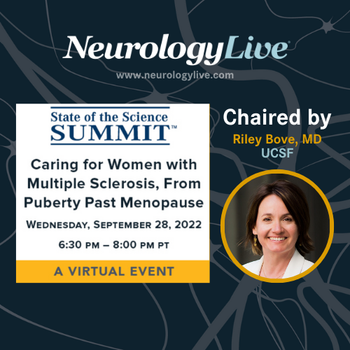
Chaired by Riley Bove, MD, this NeurologyLive® State of the Science Summit will be held virtually at 6:30 PM on September 28, 2022. Register for free now!

Ahmed Obeidat, MD, PhD; Benjamin Greenberg, MD; and Hesham Abboud, MD, comment on the need for more inclusive clinical trial patient enrollment criteria, highlighting underserved patient populations.
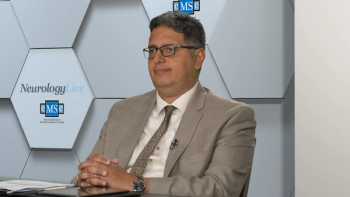
Dr Hesham Abboud shares his opinion on the clinical practicalities of BTKi utilization in patients with multiple sclerosis.

Ahmed Obeidat, MD, PhD; Randall Schapiro, MD, FAAN; and Jeffrey Wilken, PhD, share their hopes for the future of multiple sclerosis treatment and discuss unmet needs and novel targets.

Experts in neurology discuss practical considerations for the management of multiple sclerosis, tying in the importance of a collaborative care team and patient involvement.

The rate of tissue loss on OCT and MRI appears different, with retinal degeneration occurring more quickly earlier in the course of the disease.

Here's some of what is coming soon to NeurologyLive® this week.

Test your neurology knowledge with NeurologyLive®'s weekly quiz series, featuring questions on a variety of clinical and historical neurology topics. This week's topic is headache and migraine.
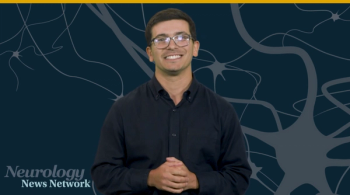
Neurology News Network for the week ending September 10, 2022. [WATCH TIME: 4 minutes]

Take 5 minutes to catch up on NeurologyLive®'s highlights from the week ending September 9, 2022.

The founder and executive director of the Sumaira Foundation offered her perspective on the patient journey in NMOSD and the vital need to increase awareness [WATCH TIME: 9 minutes]

The substudy of the COVER-MS Project includes 300 patients with multiple sclerosis and will harness Quest Diagnostic’s national network of more than 2100 patient centers to provide periodic blood samples of immune responses to COVID-19 vaccines.
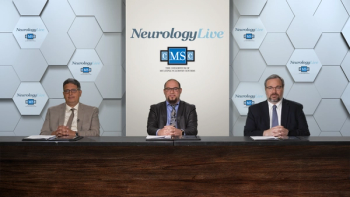
Experts in neurology discuss safety concerns and considerations with the use of BTKis in the management of patients with multiple sclerosis.

Hesham Abboud, MD, provides insight into the impact of the differnet biochemical compositions of the currently investigated BTKis and highlights on-going clinical trials.
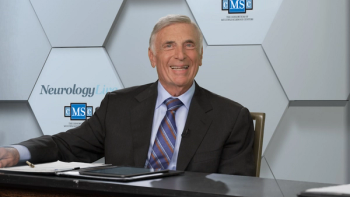
Randall Schapiro, MD, FAAN, and Jeffrey Wilken, PhD, examine the role that cognition and route of administration play in DMT selection in patients with multiple sclerosis.

Drs Ahmed Obeidat, Randall Schapiro, and Jeffrey Wilken, provide insight on how to initiate and frame conversations surrounding cognition and brain health with patients with multiple sclerosis.

Catch up on any of the neurology news headlines you may have missed over the course of the last month, compiled all into one place by the NeurologyLive® team.

Here's some of what is coming soon to NeurologyLive® this week.

Test your neurology knowledge with NeurologyLive®'s weekly quiz series, featuring questions on a variety of clinical and historical neurology topics. This week's topic is epilepsy and seizure disorders.

Take 5 minutes to catch up on NeurologyLive®'s highlights from the week ending September 2, 2022.

Evening physical activity was associated with lower restless legs syndrome severity, while more time spent in the morning on physical activity, specifically light physical activity, was associated with worse sleep quality.

